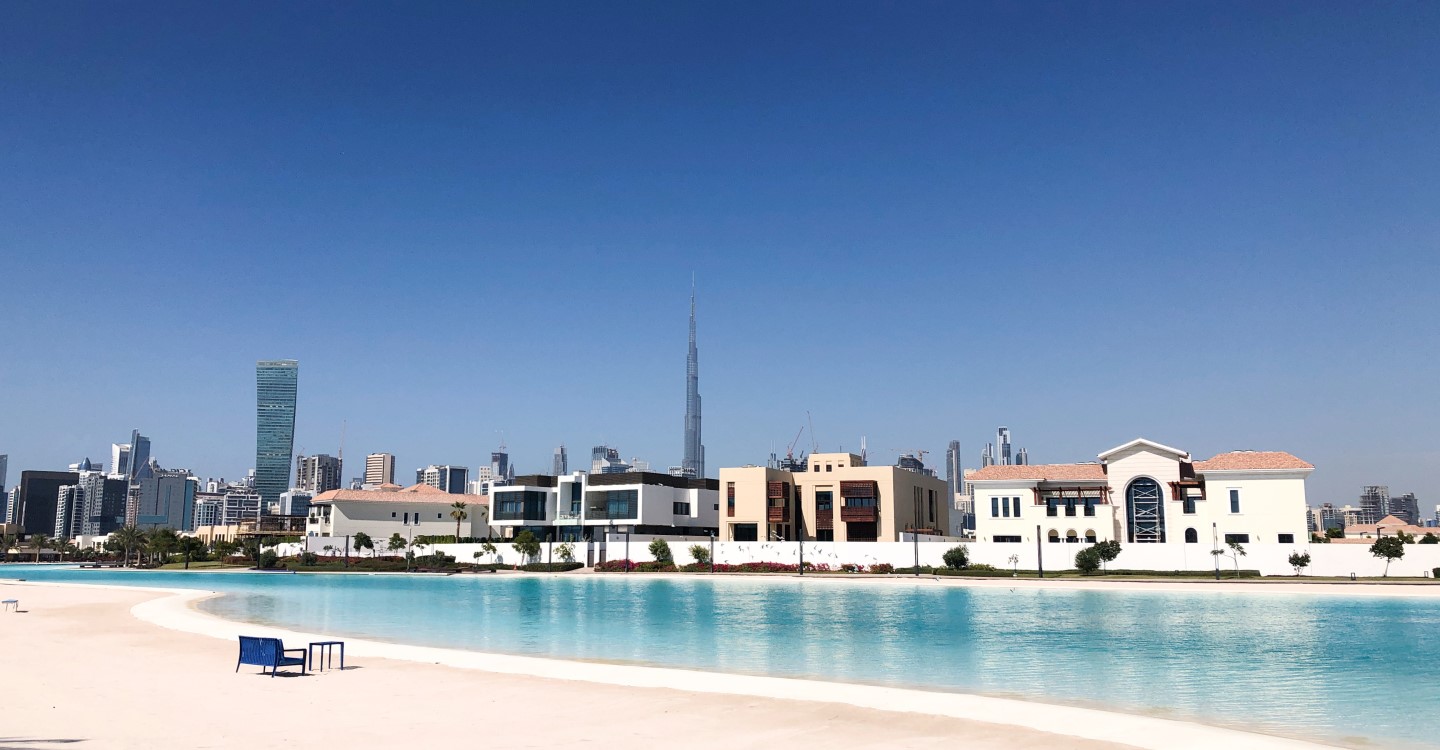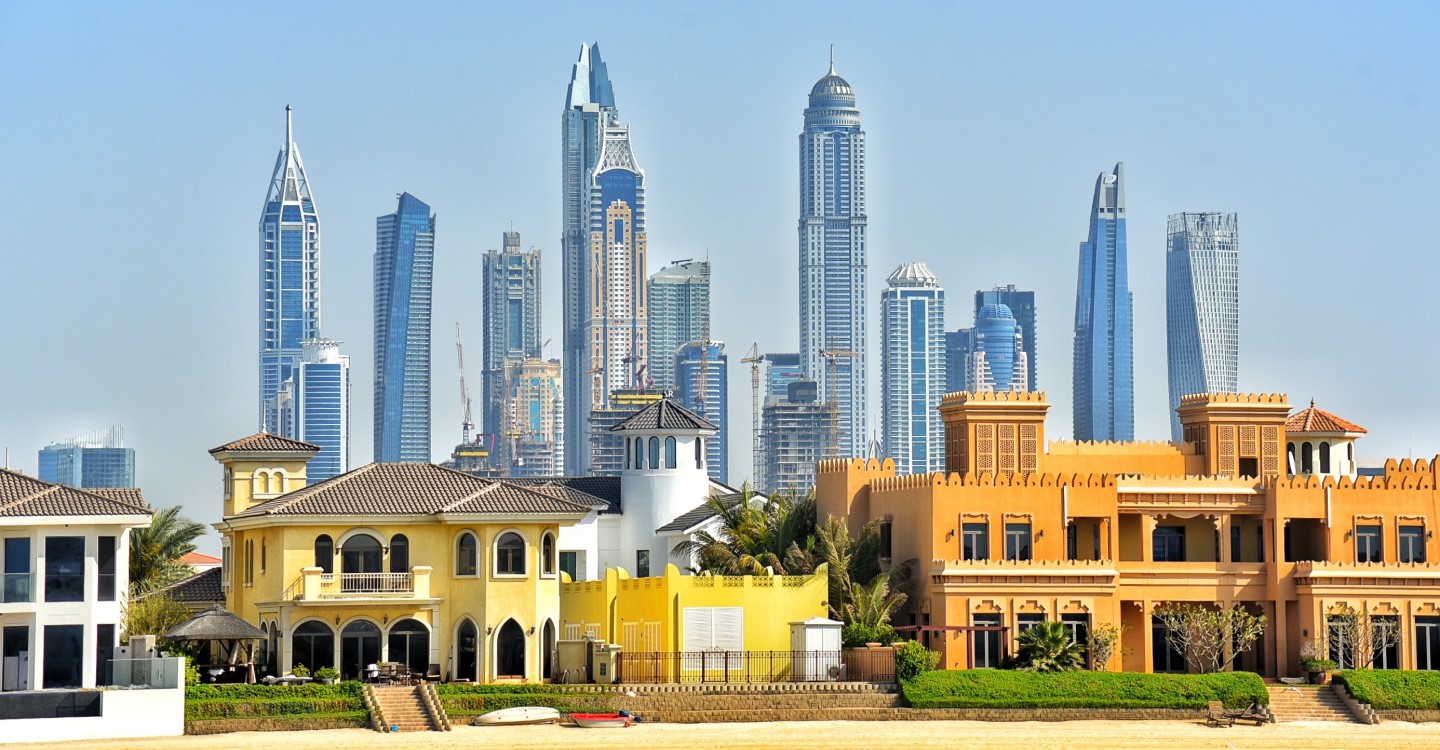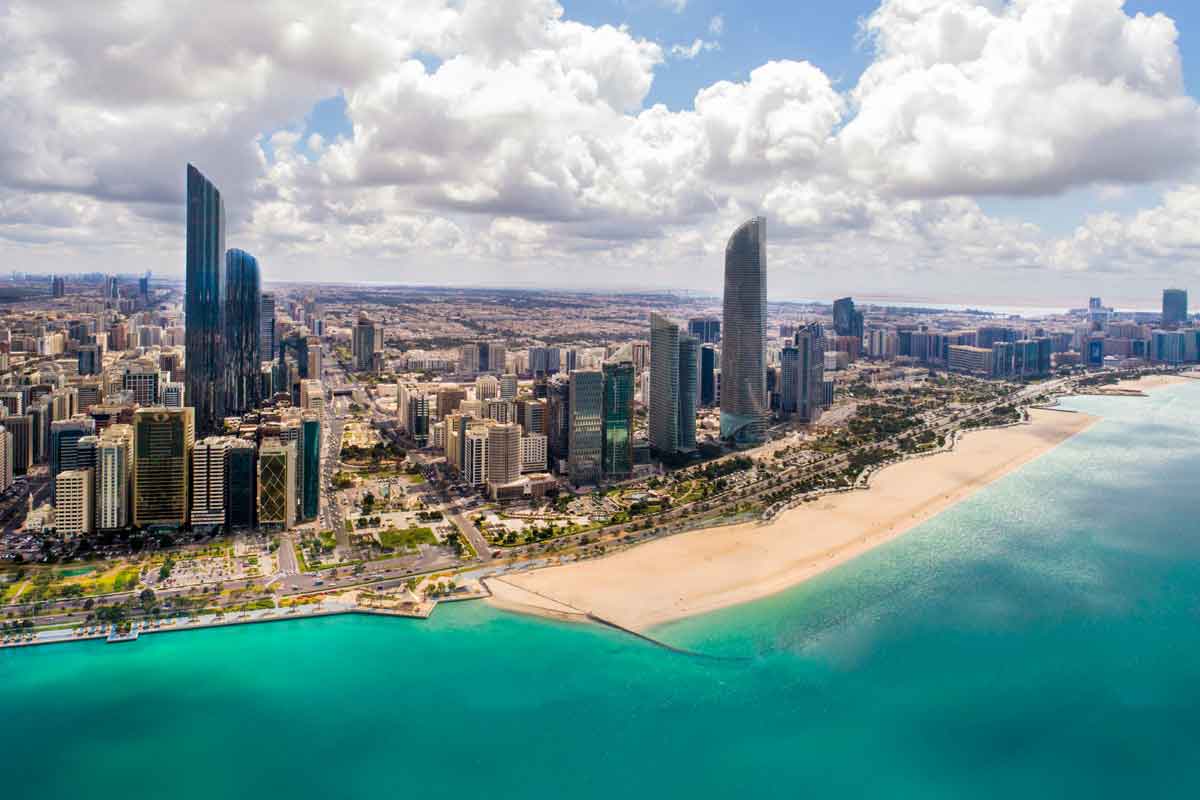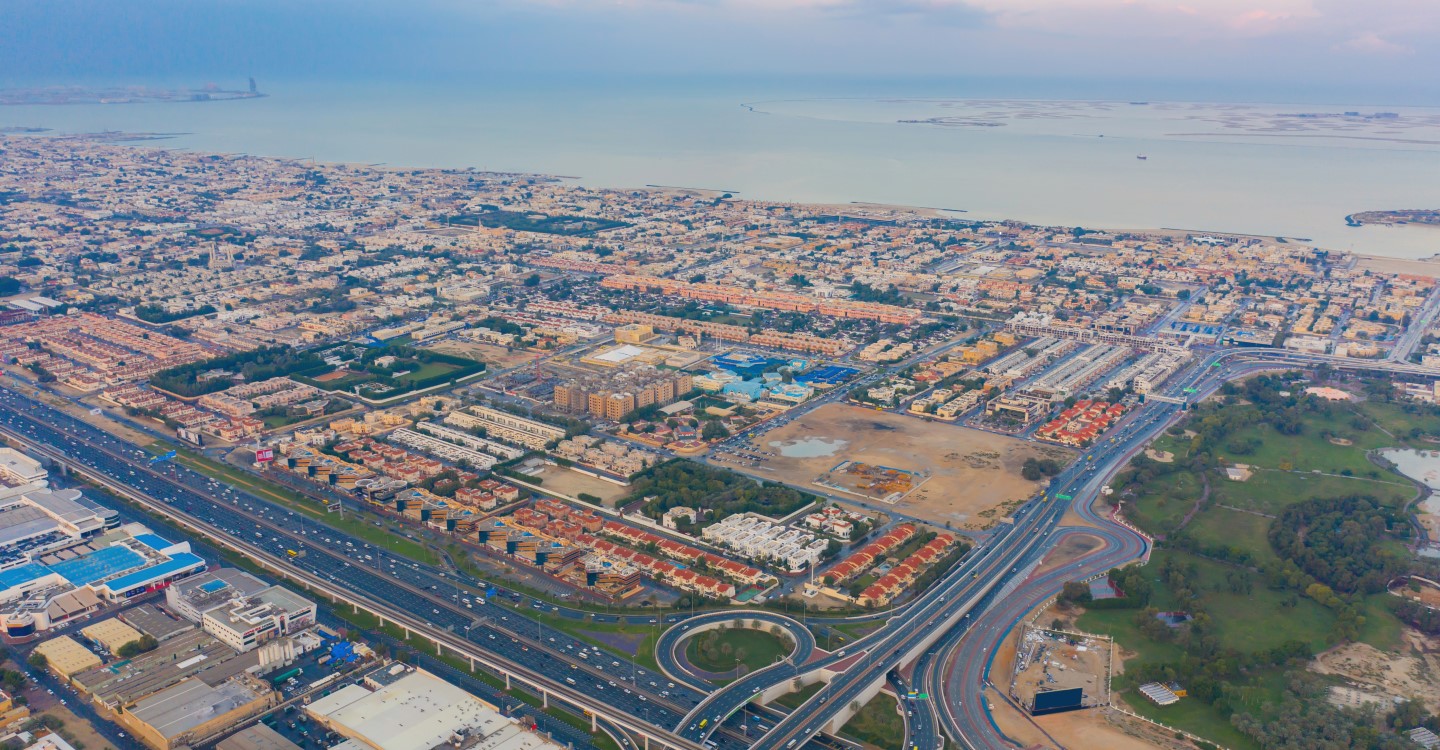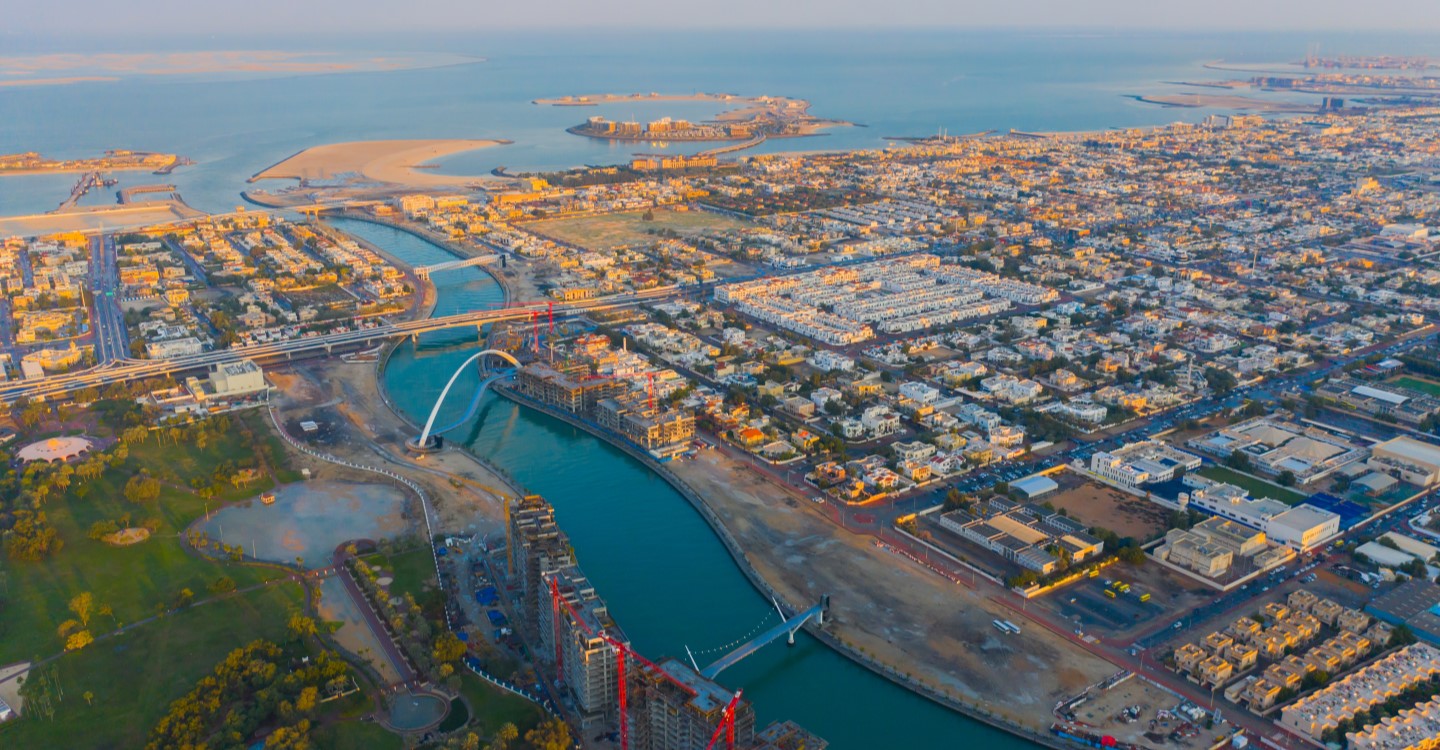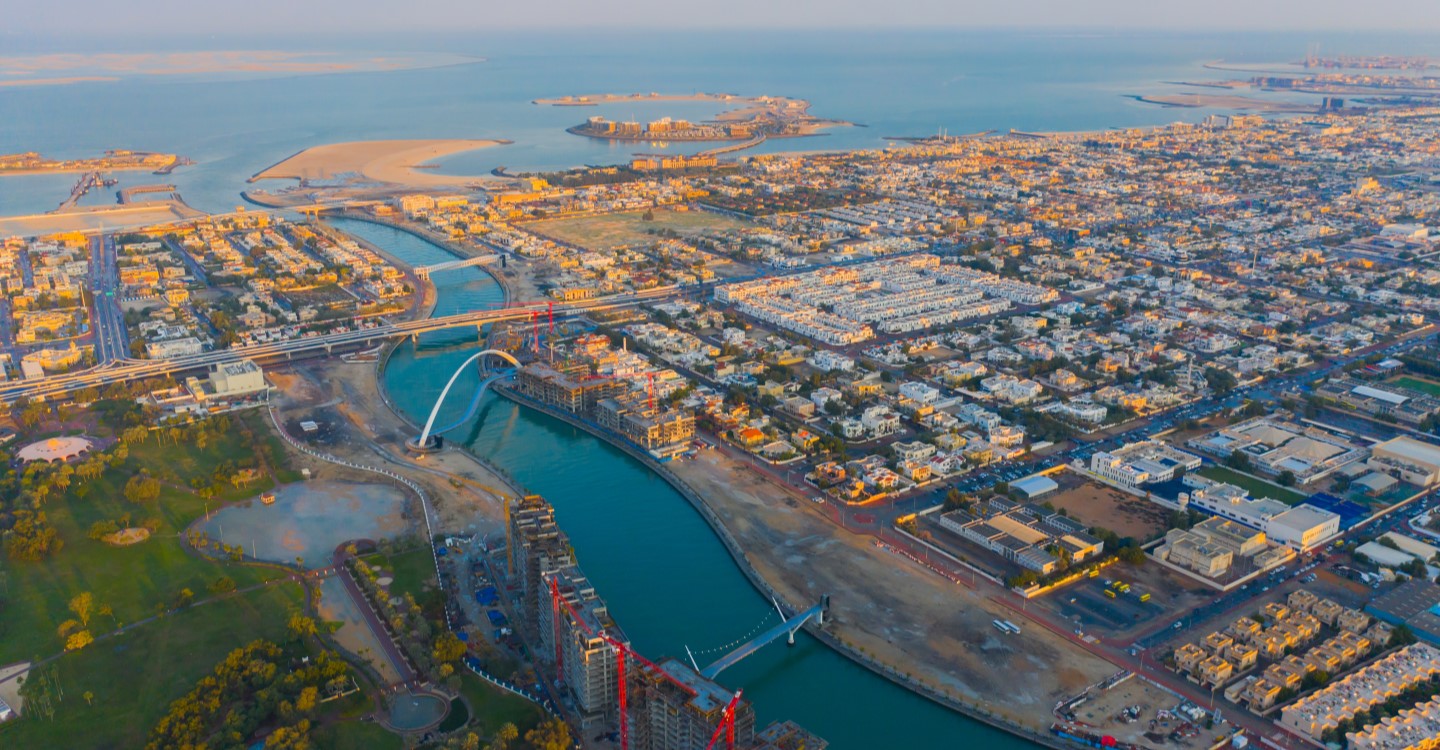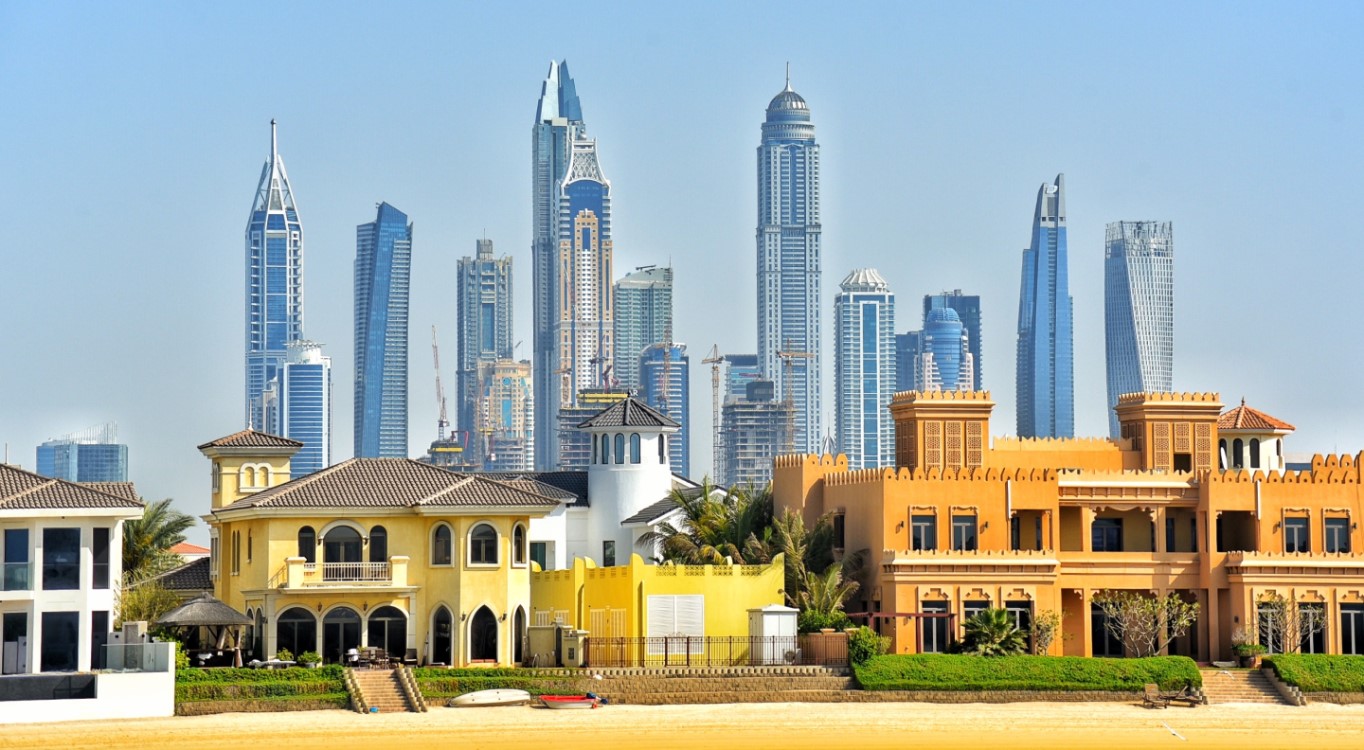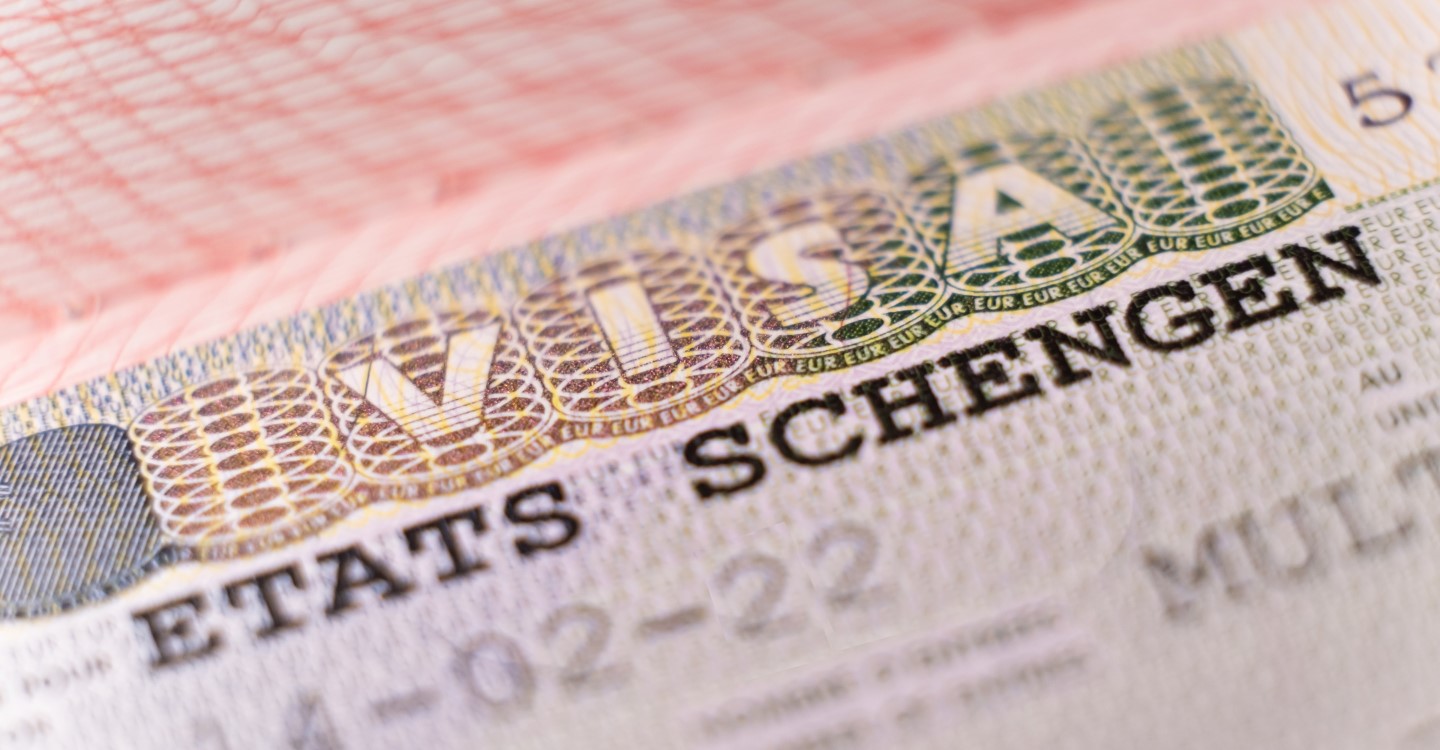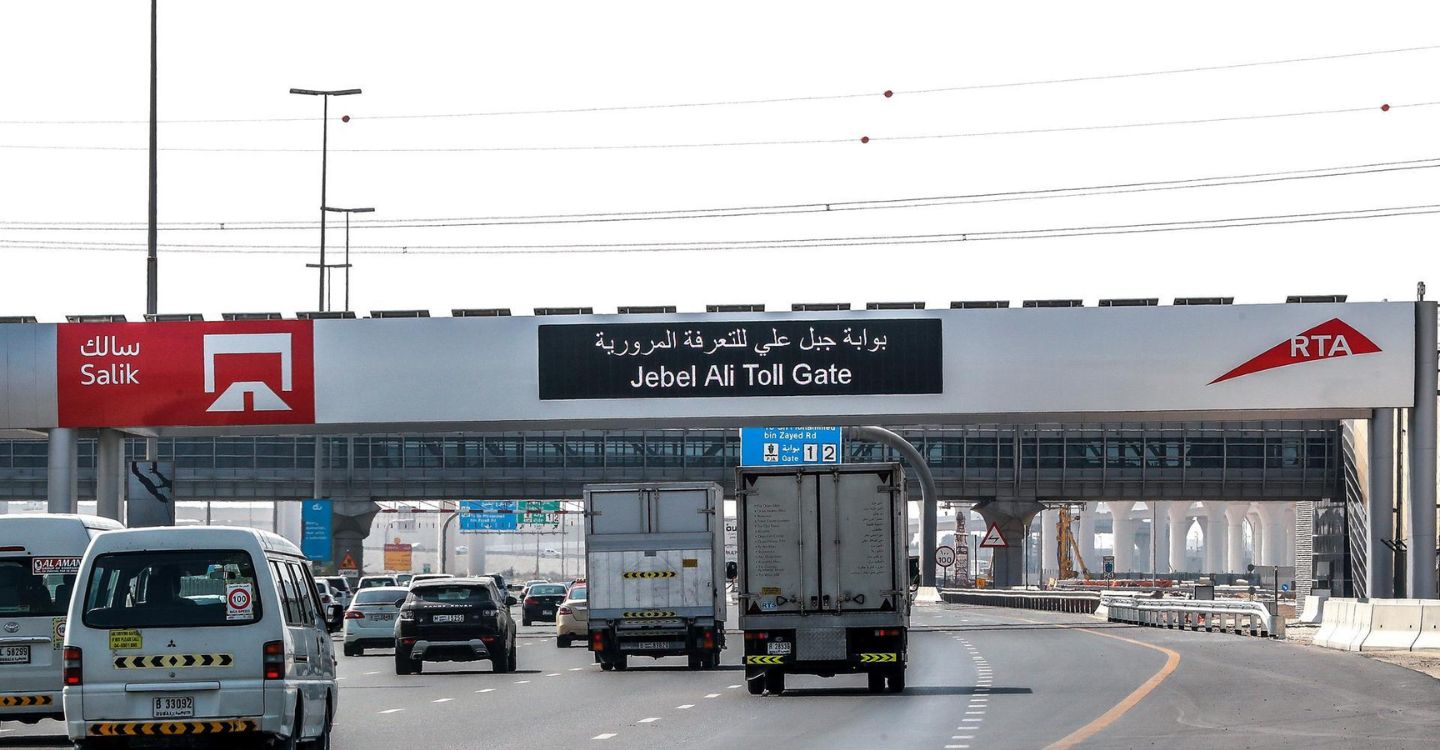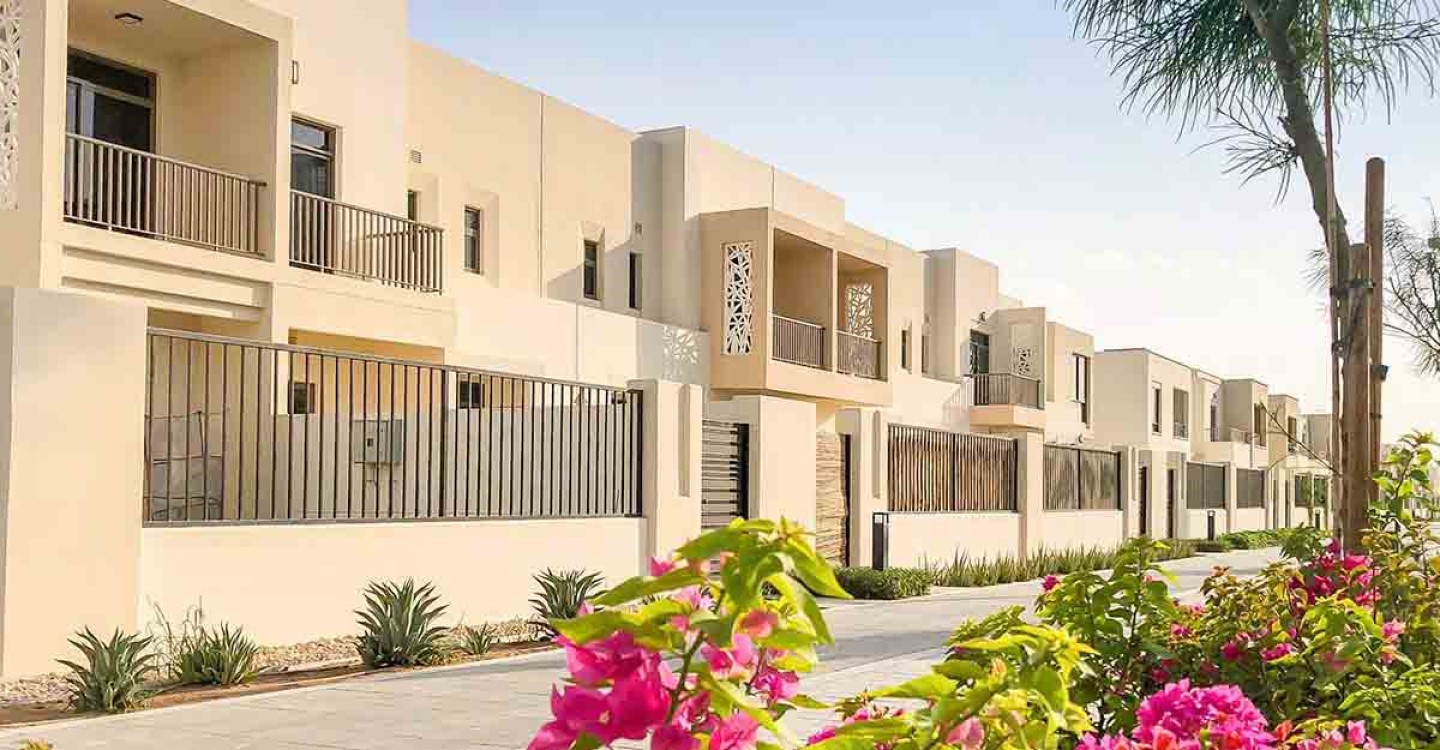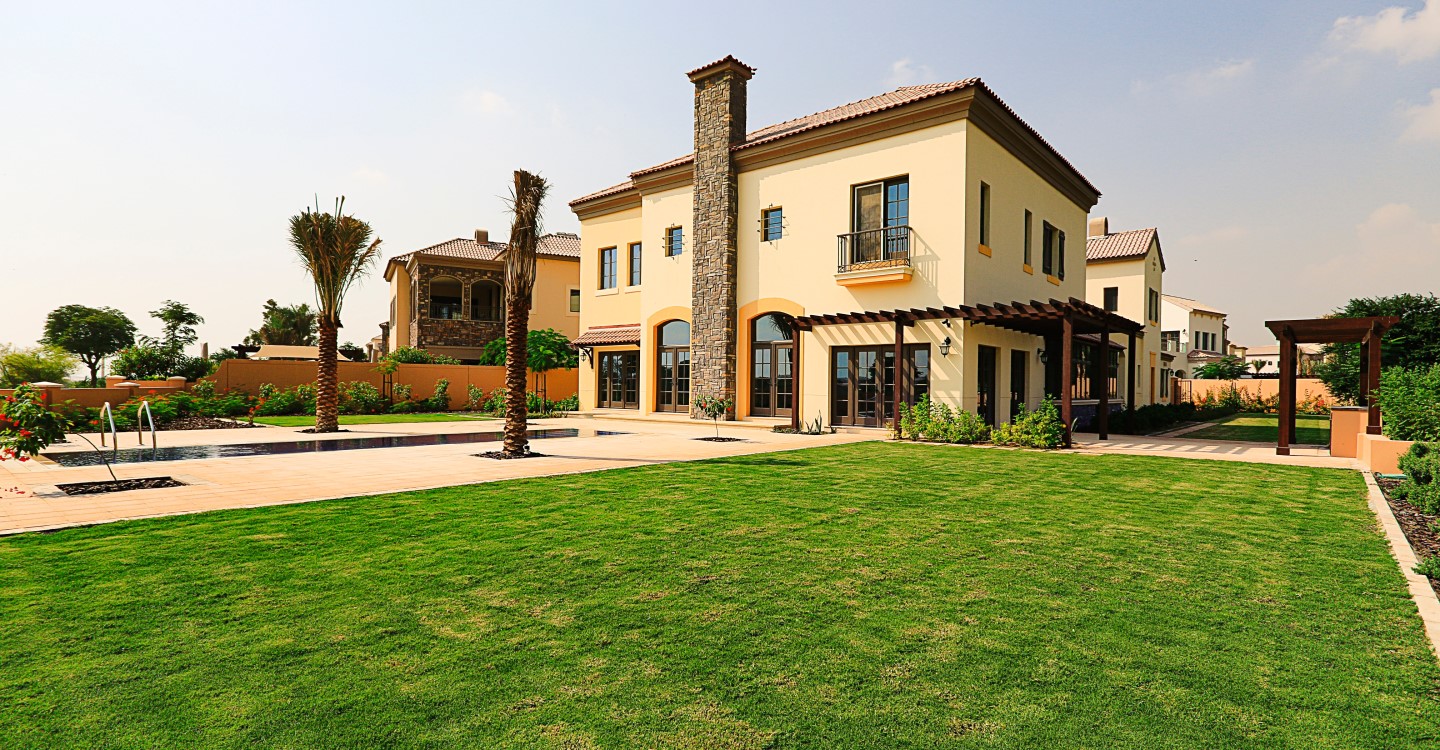Dubai, a city renowned for its opulence and dynamic growth, stands as a premier destination for expatriates and locals alike, not only for its thriving economy and luxurious lifestyle but also for its educational opportunities. With a diverse range of international schools and educational institutions, Dubai offers a world-class education system that caters to students from various backgrounds. However, as with many global cities, the cost of schooling in Dubai can be a significant concern for families. Understanding the factors influencing these costs and the options available can help parents make informed decisions about their children's education.
This comprehensive guide explores the various dimensions of schooling costs in Dubai, from tuition fees and additional expenses to the impact of school types and curriculum choices. By examining these aspects, we aim to provide a clear picture of what families can expect when planning their educational investments in Dubai.
Types of Schools and Their Impact on Costs
1. International Schools
Dubai's international schools are among the most sought-after options for expatriate families, offering curricula from different countries, including British, American, International Baccalaureate (IB), and others. Each curriculum comes with its own fee structure, influenced by factors such as the school's reputation, facilities, and teaching staff.
• British Curriculum Schools: British schools in Dubai follow the National Curriculum of England and offer IGCSEs and A-levels. Tuition fees for these schools typically range from AED 30,000 to AED 70,000 per year, depending on the grade level and the school's standing. Additional costs may include exam fees, uniform, and extracurricular activities.
• American Curriculum Schools: American schools follow a curriculum that leads to an American High School Diploma, with the option of Advanced Placement (AP) courses. Tuition fees generally fall between AED 40,000 and AED 80,000 annually. Costs for textbooks, technology fees, and various school activities can add to the overall expense.
• International Baccalaureate (IB) Schools: IB schools offer a globally recognized curriculum that focuses on holistic education and critical thinking. Tuition fees for IB schools range from AED 50,000 to AED 90,000 per year. The cost includes IB exam fees and other associated expenses.
2. Private Schools
Private schools in Dubai often provide a range of curricula, including local Arabic, French, and German systems, each with its own fee structure. These schools can be more affordable compared to international schools but still vary significantly in cost.
• Local Arabic Curriculum Schools: These schools follow the UAE Ministry of Education's curriculum and are generally more affordable, with annual fees ranging from AED 20,000 to AED 50,000. The cost can vary depending on the school's facilities and academic offerings.
• French and German Schools: Schools offering French or German curricula cater primarily to expatriate communities from these countries. Tuition fees for French and German schools range from AED 30,000 to AED 60,000 annually, with additional costs for language materials and extracurricular activities.
Additional Costs Beyond Tuition
1. Registration and Admission Fees
Most schools in Dubai charge a one-time registration fee, which can range from AED 500 to AED 5,000. This fee is often non-refundable and is required to secure a place for the child. Admission fees may also include deposits that are refundable or adjusted against future tuition.
2. Uniforms and Textbooks
Uniforms and textbooks are additional expenses that vary depending on the school's requirements. Uniform costs typically range from AED 500 to AED 1,500 per year, while textbooks can cost between AED 500 and AED 1,000 annually. Some schools may also require specific stationery or technology items, which can add to the overall cost.
3. Extracurricular Activities and Enrichment Programs
Extracurricular activities such as sports, arts, and music are often encouraged and sometimes required. The cost for these activities can range from AED 1,000 to AED 5,000 per year, depending on the activity and the level of participation. Enrichment programs like summer camps or after-school classes may also incur additional costs.
4. Transport and Lunch
Many schools offer transportation services, which can cost between AED 2,000 and AED 5,000 per year, depending on the distance and the school's transport system. School lunch services are another expense, with costs typically ranging from AED 2,000 to AED 4,000 annually, depending on the meal plans and frequency.
Financial Planning and Assistance
1. Scholarships and Financial Aid
Some schools in Dubai offer scholarships or financial aid to support families with financial needs or to attract top-performing students. Scholarships can cover partial or full tuition fees and may be based on academic performance, financial need, or other criteria. It is advisable to inquire about available financial aid options when researching schools.
2. Payment Plans and Discounts
Many schools provide flexible payment plans to ease the financial burden on families. Payment options may include monthly, quarterly, or annual installments. Additionally, some schools offer discounts for early payment or for siblings enrolled at the same institution.
3. Budgeting for Educational Expenses
To manage the costs of schooling in Dubai effectively, families should create a comprehensive budget that includes all potential expenses, from tuition and registration fees to uniforms and extracurricular activities. Regularly reviewing and adjusting the budget can help families stay on track and avoid unexpected financial strain.
Comparing Schools and Making Informed Decisions
When selecting a school in Dubai, it is crucial to compare the overall costs, including tuition fees, additional expenses, and the value offered by each institution. Factors such as the school's reputation, academic performance, facilities, and extracurricular offerings should be considered alongside the financial aspects.
1. Research and School Visits
Conduct thorough research on various schools, reviewing their fee structures, curricula, and reviews from other parents. Visiting schools in person provides valuable insights into the environment, facilities, and overall atmosphere, helping families make well-informed decisions.
2. Consulting with Education Consultants
Education consultants can provide expert advice and assistance in selecting the right school based on a family's needs and budget. They can help navigate the application process, provide insights into school options, and offer guidance on financial planning.
Conclusion
Understanding the cost of schooling in Dubai is essential for families planning their children's education in this vibrant city. With a range of school types and curricula, each with its own fee structure and additional expenses, it is crucial to consider all factors when budgeting for education. By researching and comparing options, exploring financial assistance opportunities, and planning for additional costs, families can make informed decisions that align with their financial situation and educational goals.
Investing in quality education is a significant commitment, and with the right approach, families can ensure that their children receive an excellent education while managing their financial resources effectively. Dubai's diverse educational landscape offers numerous opportunities, and with careful planning, families can navigate the costs and enjoy the benefits of a world-class education in this dynamic city.













